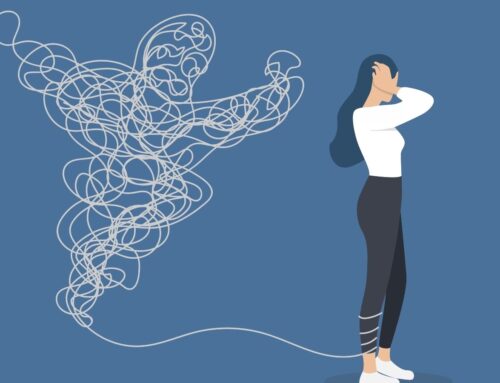One of our favorite websites focused on Eating Disorder resources recently published a list of tips for successful Eating Disorder recovery. Here are our top tips from the list with our thoughts on each one:
- Work with an eating disorder specialist treatment team if at all possible. I can’t overstate the importance of finding a team that has a lot of experience working with people struggling with Eating Disorders. How well you connect with your treatment team is also incredibly important – if you don’t feel comfortable, safe, and connected to your therapist, how can treatment be helpful?
- Develop self-acceptance through practicing compassion toward self. This is a big one, and often, after years of struggling, self-compassion goes out the window. In fact, many times, a lack of self-acceptance and kindness towards one’s self is at the root of the Eating Disorder itself.
- Develop a positive and self-nurturing internal dialogue. Again, a critical inner voice only exacerbates the shame, embarrassment, and self-hatred that accompanies Eating Disorders.
- Get treatment for co-occurring disorders such as anxiety and depression. People struggling with Eating Disorders often suffer from anxiety and depression. Make sure you find a therapist who is experienced in treating all three, and focus on exploring how other symptoms play a role in your Eating Disorder and vice versa.
- Practice mindfulness and living in the moment. Eating Disorder symptoms often serve to distract us from whatever we are actually feeling in the moment (sadness, shame, fear, hopelessness). Learning to attend to our experiences and emotions in the moment, so we can better manage them, is the first step to overcoming symptoms such as emotional eating or extreme calorie restriction.
- Listen to and honor your feelings. Our emotions are usually telling us something (often important). Learning to notice, listen to, and actually use our emotions to take a course of action is necessary in overcoming not just Eating Disorders, but many other mental health difficulties.
- Eat well and listen to your body’s hunger and fullness signs. After ignoring our body’s hunger/fullness experiences for a length of time, it becomes very difficult to re-learn what it actually feels like to be full or hungry.
- Accept your genetic makeup and appreciate your body. Your body is the only one you have, and not treating it with kindness, acceptance, and compassion only leads to a never- ending cycle of shame and self-hatred.
- Have a relapse prevention or correction plan. It’s important to know that most people have set backs – and plenty of them. The goal is to learn from each set back (What was my trigger? What helped me over come it?), and work towards bouncing back more and more quickly instead of continuing on a downward spiral.





